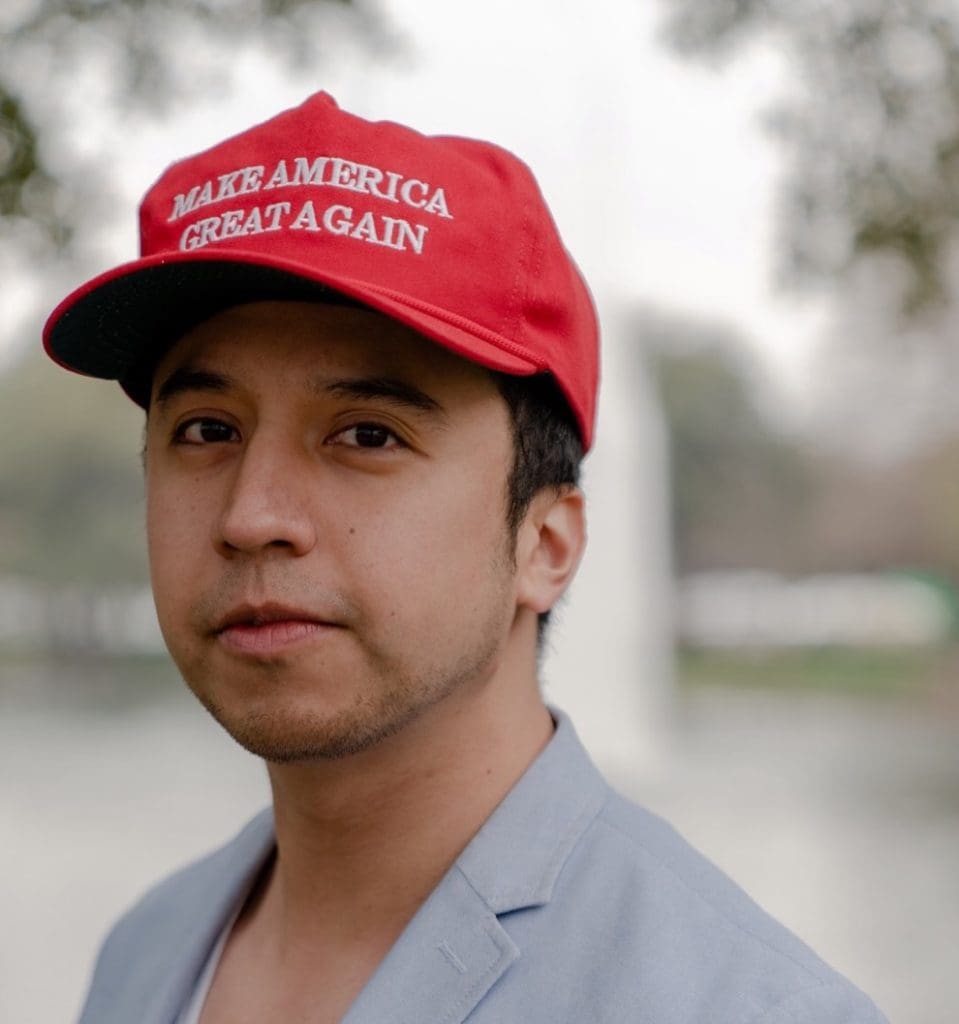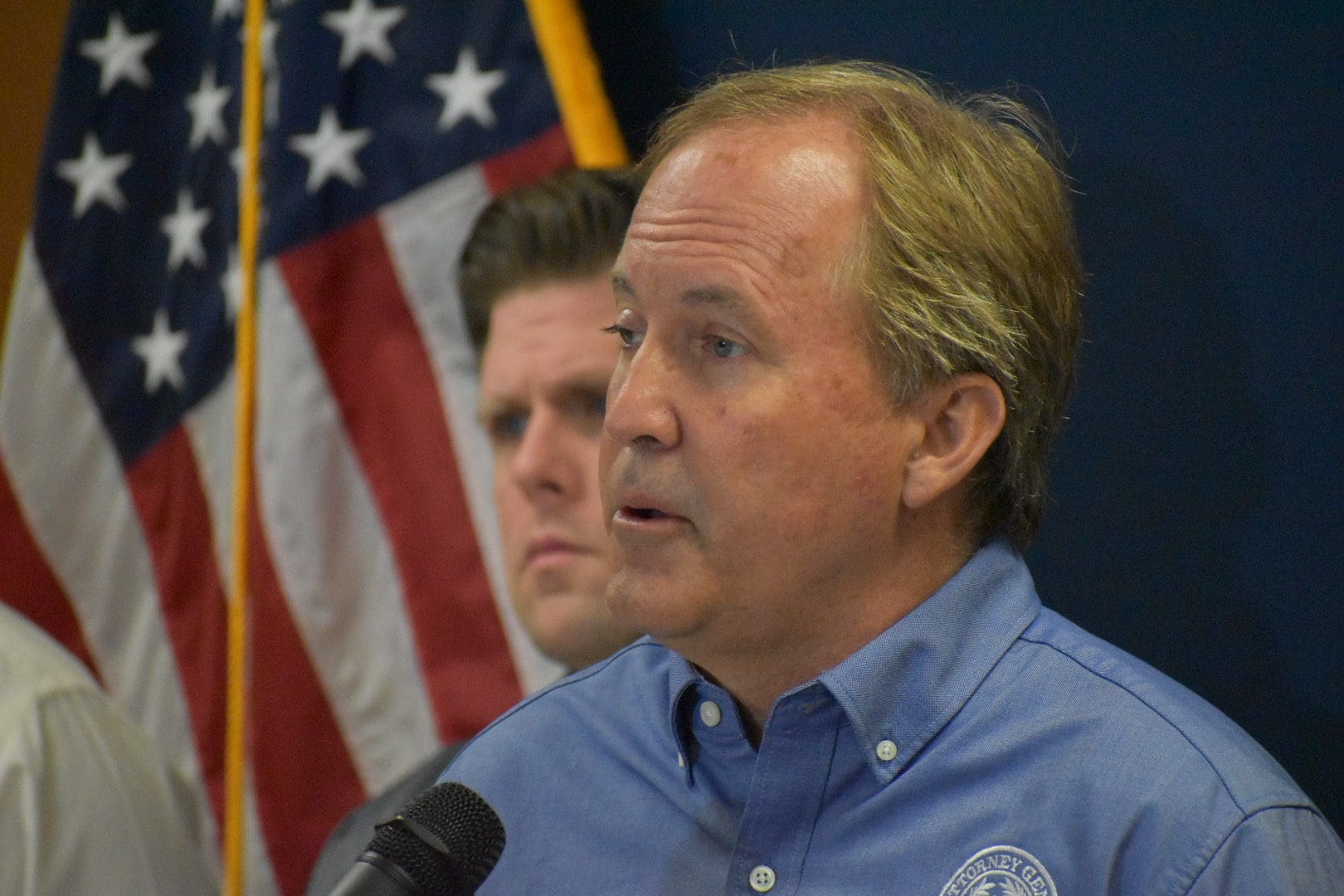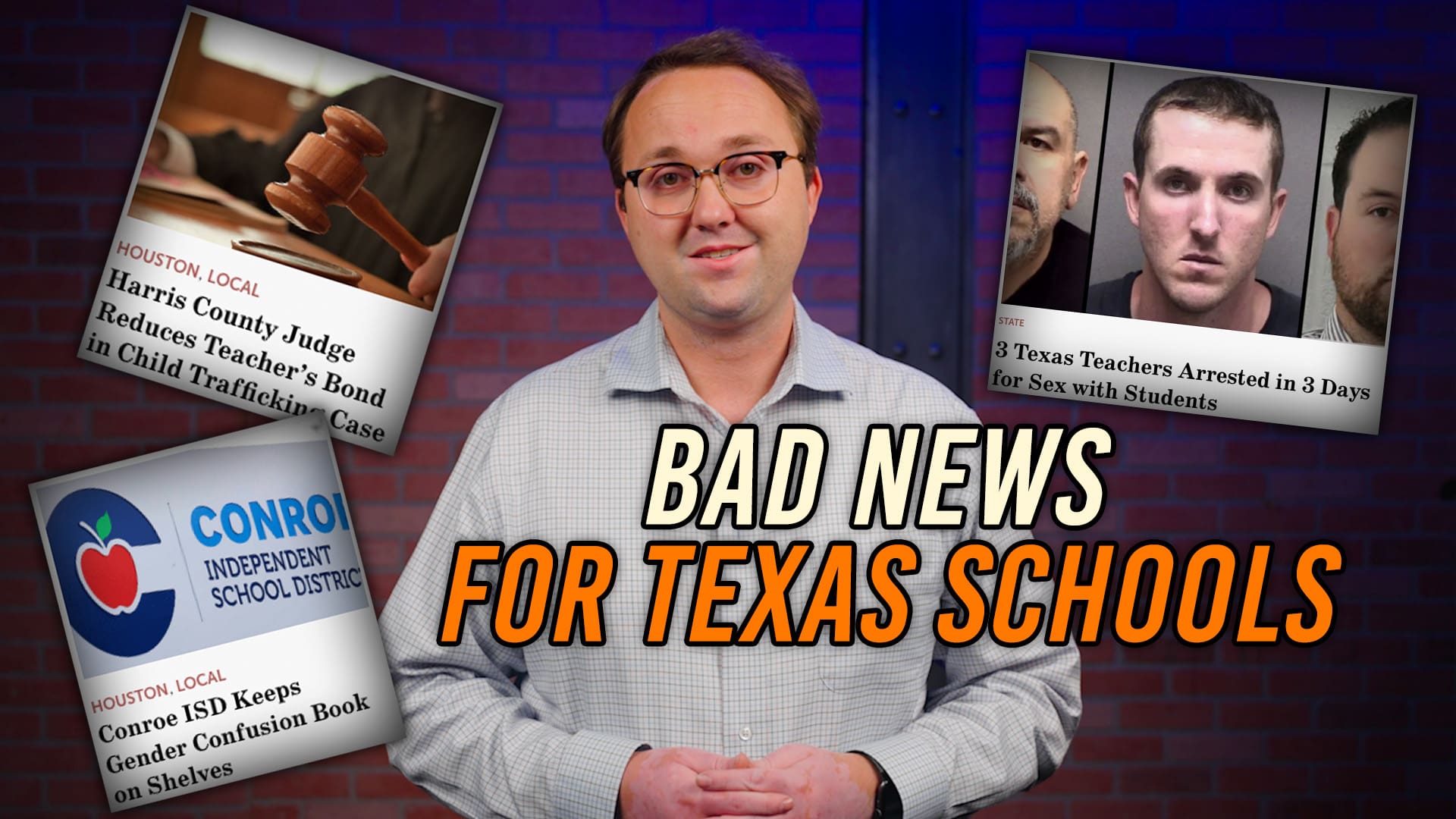Do free speech rights end at the polls? Two Texas voters don’t think so. They were denied the ability to vote because of what they wore to the polls, and they’re suing to overturn the state’s anti-free speech dress code for polling places.
Dallas County resident Tony Ortiz was stunned when a poll worker blocked him from voting in the 2018 general election because he was wearing a “Make America Great Again” hat. Ortiz was able to return without his hat and vote, but believes he shouldn’t have had to.
“I just wanted to wear my hat,” Ortiz said. “There’s no name on it; and even if you associate it with the President, he wasn’t on the ballot, so it’s silly to ban it. This law is too broad, incredibly unfair, and should be challenged.”
Harris County voter Jillian Ostrewich was similarly stopped at the polls for wearing a “Houston Fire Fighters” t-shirt.
Ortiz and Ostrewich decided to bring a First Amendment challenge to the Texas law with help from Pacific Legal Foundation, a national nonprofit legal organization that won a similar case last year against Minnesota’s polling place political apparel ban.
In Minnesota Voters Alliance v. Mansky, the U.S. Supreme Court “held that the voting booth is no more a First Amendment-free zone than a college campus or a public square,” said PLF attorney Wen Fa. The new federal lawsuit “seeks to hold Texas accountable to the same rule of law.”
Texas Election Code prohibits electioneering within 100 feet of an entrance to a building containing a polling location. Electioneering includes wearing “a badge, insignia, emblem, or other similar communicative device relating to a candidate, measure, or political party appearing on the ballot, or to the conduct of the election.” A violation is a Class C misdemeanor.
PLF’s complaint argues the state’s political apparel ban is a violation of voters’ constitutionally protected First Amendment right to free speech and also violates due process rights under the Fourteenth Amendment.
The dress code has been on the books for decades but is enforced haphazardly by poll workers, in part PLF contends because its wording is too vague and it relies too much on local election officials to make subjective decisions about what is prohibited. PLF also contends the law allows discriminatory enforcement based on political viewpoint and has “led to altercations between election workers and voters.”
Ortiz, who works for Empower Texans, the publisher of Texas Scorecard, said he welcomed the opportunity to participate in the free speech fight. Ostrewich agreed.
“When people let little things like an election dress code go by, all of a sudden you’re losing your freedom,” she added.
The bottom line, say PLF’s plaintiffs, is this: polling places are not exempt from the First Amendment, and no one should be forced to forfeit his or her free speech rights in exchange for the right to vote.






